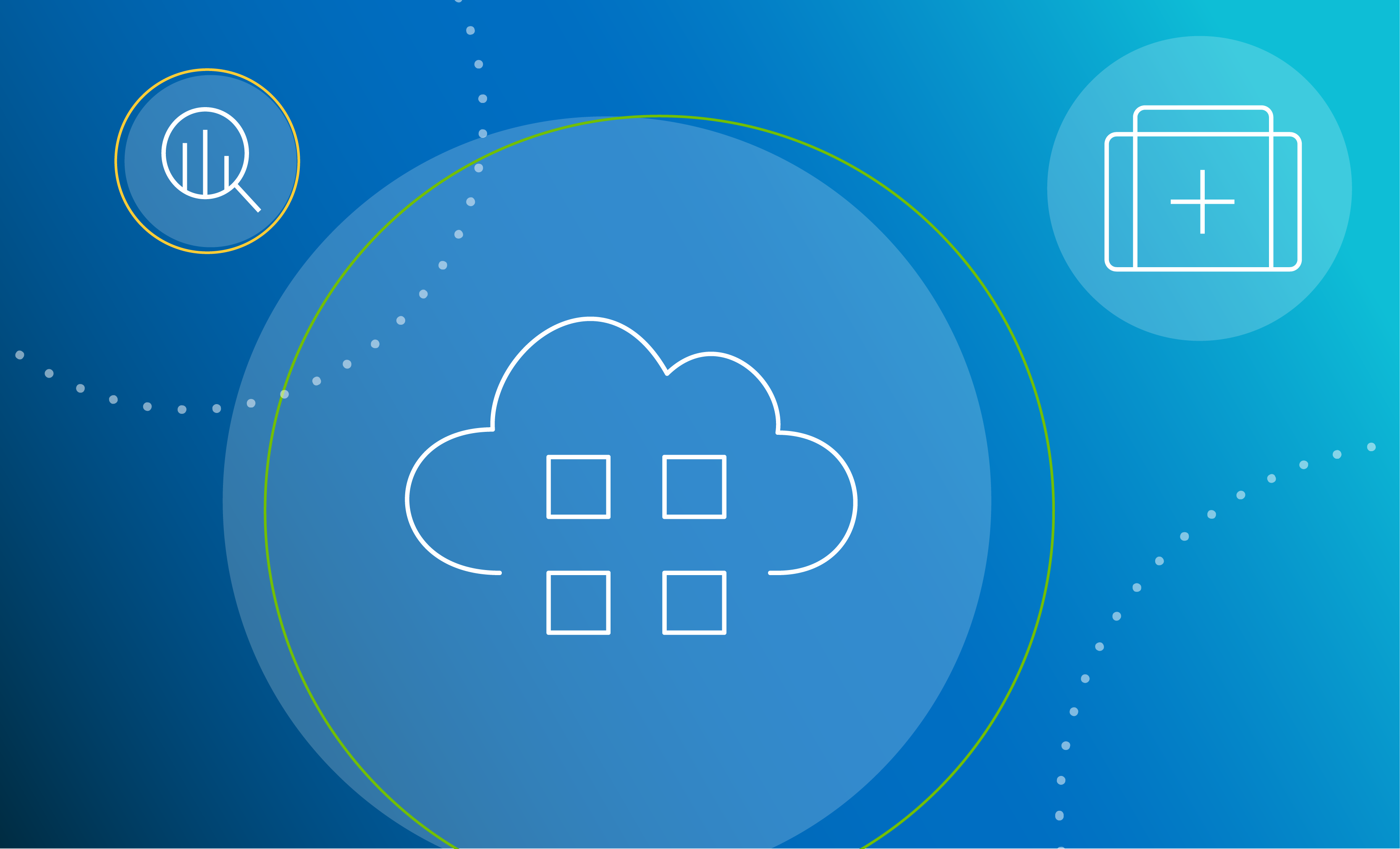Prior to the pandemic, most companies had offices where employees collaborated in person with their colleagues. This meant that employees could easily turn to their neighbor and ask a question or ask to see a dataset. However, today, this is not possible. Now, we are forced to reach out over Zoom, email or slack, which adds additional time to a seemingly simple request. Moreover, before the pandemic, it was ok for companies to be reliant on tribal knowledge; all the information sat within the company and never changed. Today, KPIs and metrics are changing at a rapid rate; decisions cannot be made based on historical data. In the age of a crisis, most companies do not have time to waste when it comes to making important business decisions. As a result, the CDO has an important role to play to build the data culture and capabilities that will help companies to continually sense change and respond with agility.
Implementing a transformation agenda
Despite the stress of the turbulent economy, many organizations are using this time to accelerate their digital transformation and solidify their data driven efforts. These organizations are implementing a three phase “transformation agenda” that will establish an agile data strategy and encourage swift decision making. Ultimately, this new data strategy will ensure organizations are able to pivot and adapt quickly during a crisis like the current COVID-19 pandemic.
Stabilize
Due to the COVID-19 pandemic, every organization needed to stabilize operations in order to mitigate short term risk. This stabilization phase laid the foundation to ensure your organization was prepared to make rapid decisions and adapt to the changing environment. Organizations first established a crisis command center led by the CDO. In this role, the CDO
- Sensed change
- Made decisions quickly
- Iterated rapidly
More specifically, the CDO responded to new environmental inputs and KPI’s such as, which parts of the country are open for business and the measured risk of employees returning to the office. Previously, success was measured through internal KPIs, but now KPI’s are influenced by the external environment. Organizations can no longer rely on tribal knowledge to make important business decisions. CDO’s needed to adapt quickly to this change and integrate these new environmental KPIs into the way they run their business. This reprioritizing of efforts and refocusing of KPIs must be rooted in data driven decisions. In the stabilization phase, the CDO shifted all efforts towards establishing a data culture across the organization so that business analysts can easily access trustworthy data to make quick and critical business decisions.
Reopen
All around the world and the country, organizations are in different stages of their reopening phase. This phase is truly dependent on the course of the virus and the ways in which this novel virus affects various regions. As a result, reopening is a gradual process; it does not happen all at once.
In this phase, the “crisis command center” transformed into the “reopen command center.” Here, the CDO worked with colleagues to create a reopen plan that addresses the differing market availability and accounts for the safety of your company’s employees. This is an exercise in agility and quickness; in some cases, organizations need to completely change their business model and strategy to adapt to the new environment. For example, many organizations used to treat EMEA as one location in their sales target forecasting, but with different parts of Europe opening and others remaining in lockdown, EMEA can no longer be treated as one market. Therefore, CDOs needed to create a data driven plan to forecast this new supply chain model and adapt to new markets.
Grow
Despite the challenges and effects of COVID-19 on every organization, eventually every company must move forward and grow. With the successful stabilization and reopen phases behind us, organizations will eventually be ready to shift their focus to growing their business and adapting to the new normal. In this phase the “reopen command center” shifts to the “transformation office,” which is focused on accelerating change to grow in the new normal. As the leader of this office, the CDO must define their next move by establishing an updated business performance matrix with new KPIs and targets. This updated business model is rooted in data driven insights that take into account the economy, the various markets, and customer and employee feedback.
Data Intelligence during crisis
Throughout all of these phases, data is central to success. An organization must be agile and be able to make swift business decisions in order to stay afloat in the current economy. As a result, accessibility and scalability is paramount during a crisis. Tableau and Collibra help organizations achieve Data Intelligence by eliminating an organization’s reliance on tribal knowledge and decentralizing decision making, which ultimately speeds up time to insight.
With Collibra Data Catalog and Tableau your enterprise can have a centralized repository for all of your data, which ultimately decentralizes knowledge and makes data more accessible throughout your organization. Collibra Data Catalog decentralizes knowledge by:
- Ensuring access to trusted data
- An eCommerce like shopping experience
- Certification of Tableau reports
- Enforce governance and data privacy policies and access controls
Collibra Data Catalog is a governed data catalog with governance and privacy embedded, which ensures that users always have access to the most accurate, trusted and compliant data across the enterprise. Because of the robust governance platform, business analysts no longer need to confirm the accuracy of the data with their boss or the CDO because all the Tableau reports in Collibra are certified. Moreover, with our eCommerce like experience and our integration with Tableau, business analysts can easily shop for preexisting certified reports, add them to their data basket, and check out, without ever having to contact another employee. This ultimately speeds up decision making and enables business analysts to work independently from their homes.
Data driven decision making
Data is central in the battle against COVID-19. Epistemologists, data scientists and health care professionals must use data every single day to track the spread of the virus and ultimately create a vaccine to defeat it. In the business world, CDOs must create a plan that focuses on stabilizing, reopening and growing their companies. While these phases may seem linear, they actually run in parallel so a CDO must be agile and flexible to keep up with the changing environment. Fundamentally, however, a CDO’s greatest weapon against the virus is data. With Collibra, organizations can stay alert, nimble and current. Collibra Data Catalog helps organizations bring in additional data from outside sources and eliminate duplicative data so that business analysts can adapt to changing KPIs and other external factors quickly and seamlessly.
“The key to making sure the goal of becoming data driven is achievable, is the implementation of data governance and a robust data catalog.”
Andrew Burst
Analyst, GigaOM
And with our Tableau integration, business analysts can easily view certified data from various sources in Tableau reports. Ultimately, Tableau and Collibra will help organizations navigate the complexity of the three phased approach and lead companies through a digital transformation during this crisis.
Integrating the right governed data catalog and BI tools provides consistent and easy access to trusted data to support an organization’s ability to make swift, confident decisions. To learn more, read a report from Andrew Burst, Analyst, GigaOm. You can also listen to a discussion with Collibra and Tableau, moderated by Andrew, focusing on building a foundational, agile, data strategy.
The Collibra and Tableau partnership empowers organizations to make better data-driven business decisions. Tableau puts powerful analytics into the hands of all data citizens. But to get the most from those analytics, business users need to know where to find the right data; to understand its context and trust in its accuracy. Collibra empowers them to do just that. It also provides them with a platform to collaborate, socialize reports and share their trusted insights across the enterprise.
Learn more about the Tableau Collibra partnership.




